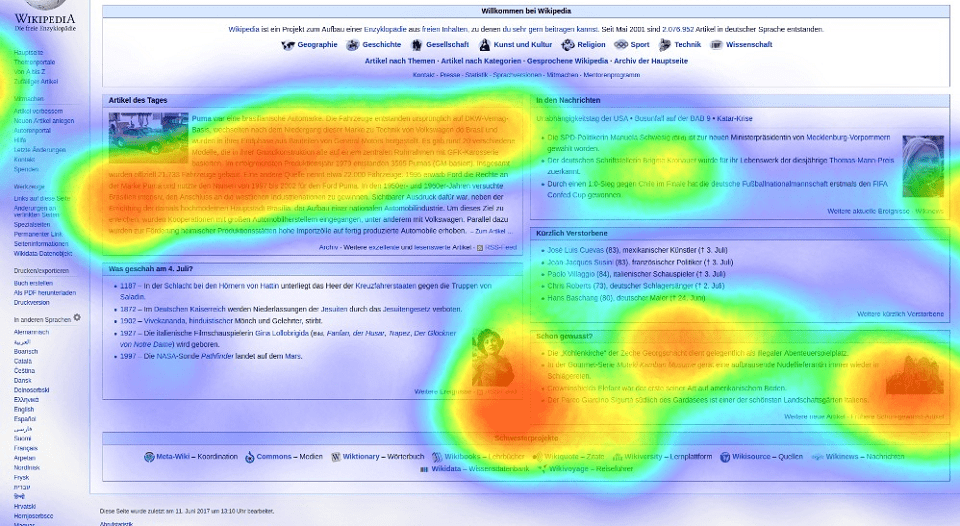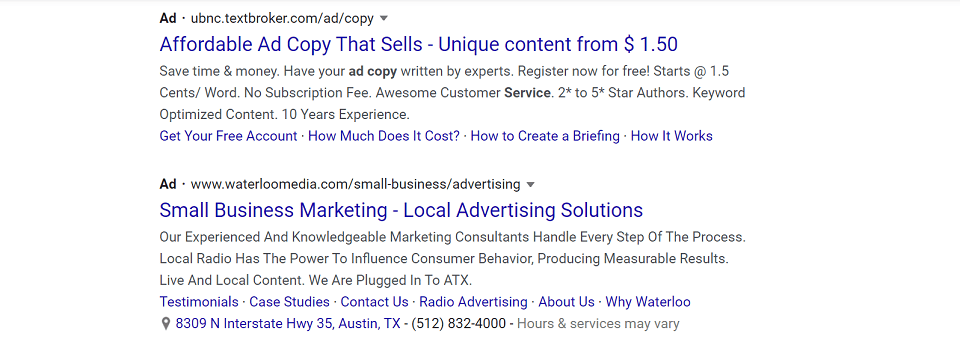It amazes me to see so much dry, ineffective marketing out there, much of it brought to market with large budgets and huge teams of professionals executing on it. And really, it’s quite easy to fall into groupthink when so many cooks are at play in the proverbial kitchen.
Don’t get me wrong; I’m not saying you can’t execute effective marketing messaging, campaigns, etc. with a team-based approach. Quite the contrary, I’m actually saying a couple of things.
First, marketers simply fall into bad habits, at least those of us who are well-trained in the first place. Probably the worst bad habit is sitting on your laurels while new techniques and media emerge, assuming that you know “enough” based on experience and gut. With the pace of change and availability of unprecedented communications vehicles, that is, at best, naive.
Second, to bastardize a quote by Rodney Dangerfield, “marketers don’t get no respect” in a lot of cases. With tight budgets, a prevalence of micromanaging executives, and the folks I mentioned in the previous paragraph all playing roles in our success or failure, it’s easy to just agree to a bad idea in the sake of meeting a dreadline or getting another arduous piece of busy work off your plate.
You could just say, “Well, said marketers just need to get ‘back to the basics’.” But what the heck are the basics? The Four P’s, which were already outdated when I last took a Marketing course in the late 90s? Mass media driven advertising? What is this, 1975?
And don’t tell me the answer is to put in more hours, because quantity has always been and is still inferior to quality.
We need a better way to manage all this. As much as humans like to elevate themselves to some superior level to other living organisms on this planet, the hard truth is that we’re just another species of animal. Sure, we can talk, walk upright, surf the internet, and do a slew of other things that are only possible with our advanced brain structure. But we all still have basic needs like safety, food, shelter…y’know, all that stuff at the bottom of Maslow’s Triangle.
I just spent the better part of three days in Las Vegas, NV for Interop 2010, managing the set up for Anue Systems and then manning the booth for most of the first day. In my career, I’ve managed many dozens of trade shows. Most of those were for small companies, and across the various companies we consistently struggled to drive sufficient booth traffic with various giveaways, in-booth talent, live demos, contests…you name it; we probably tried it.
This time, we decided to try one of the few things that I’ve seen work in the past: Free Coffee. I must say, the results were overwhelming through the first day. Why did it work? We marketed to the “Inner Animal”, as I like to call it.
I’ve been reading a wonderful book lately, Neuromarketing: Understanding the Buy Buttons in your Customer’s Brain (kudos to @AustinGunter, Community Manager for Tech Ranch Austin, for turning me onto it). In it, the authors expound at length about how to identify the differences between the new brain, which is logical, the middle brain, which is emotional, and the old brain, which is what breaks the ties between the other two subconsciously, so to say. I liken the old brain to what you might call “going with your gut”, where you don’t make a decision for either emotional or logical reasons, but something else.
In the past, I’ve talked about how to reach the “Inner Animal”, and this publication comes the closest I’ve seen to providing an actionable approach to it. This isn’t another how-to about social media or similar topics. It’s a great strategic approach to how you speak to your target audience, regardless of where you speak to them. Some of it’s content is old news if you’ve been in the marketing game for 10+ years, but even with my 20 years of experience, I’ve been pulling some valuable nuggets out.
So go pick up the book, give it a read, and start talking to the “Inner Animal”. For many of you, your long term success very well may depend on it. Let me know if you also find it useful, or have seen other similar materials that are worth all of our time.
Have you tried anything like this? Did it work? What do you call it? Are there any books you’ve read in the past two years that have impacted how you operate in a major way? Please share!
Tommy Landry
Latest posts by Tommy Landry (see all)
- What You Need to Balance When Doing SEO - April 23, 2024
- Why Pool Services Businesses Need Local SEO Visibility - April 16, 2024
- Barnacle SEO: What It Is and How To Use It - April 11, 2024




